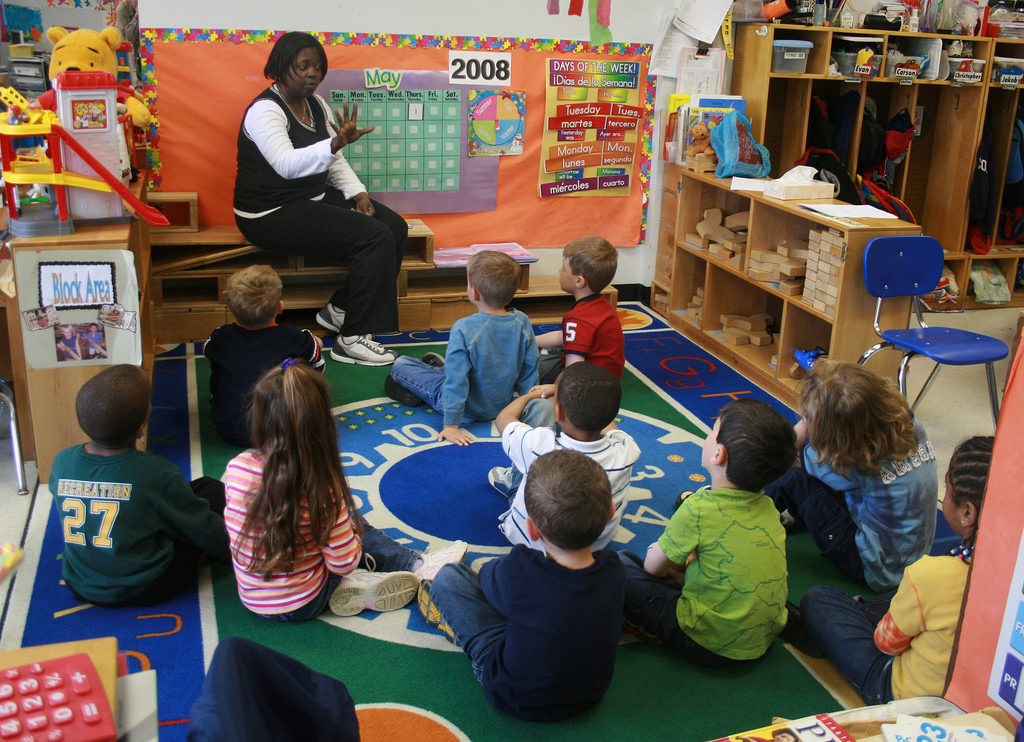
Most Tennessee teachers find cellphone use in class disruptive and want their use restricted, according to an annual survey released this summer.
Although 94 percent of middle and high school teachers reported having policies at their school restricting cellphone use, most still said that the devices hinder their students’ academic performance. Seventy-three percent of high school teachers said students used their cellphones to cheat on tests and exams.
Most school leaders reported having policies that allow for cellphone use outside of classroom time – like, during breaks, lunchtime or extracurricular activities. However, half of high school teachers want cellphones banned from their schools’ campuses. A small minority – about 20 percent of middle school and high school teachers – think that students having cellphones improves school safety.
A state law went into effect on July 1 banning the use of cellphones and other wireless devices during classroom instruction. The law allows school districts to determine their own level of cellphone restriction.
Teacher retention rates and reasons
The Tennessee Education Survey is a joint project between the Tennessee Department of Education and the Tennessee Education Research Alliance. Results were released this summer and include responses from nearly 40,000 teachers and about 2,100 school leaders.
The survey also measured teachers’ feelings about school culture, disciplinary measures and teacher evaluations. Culture was the number one reason motivating teachers to stay in the profession despite only one-third of them being satisfied with their salaries. Eighty-two percent of teachers reported that they plan to continue teaching in their schools next year.
Here are a few other factors keeping teachers in the classroom:
• Types of students
• Leadership
• Commute
• Facilities/working conditions
• Employment benefits
Most teachers are satisfied with how student discipline is handled in their schools. Eighty-five percent reported that teachers help maintain discipline in the entire school, not just their classroom. Early career teachers – those in their first three years – spend more time handling disciplinary issues than more experienced teachers, according to the survey.
Teachers are also happy, overall, with how they are evaluated. Ninety-one percent of early-career teachers are pleased with the teacher evaluation process. About 80 percent of more experienced teachers also feel this way. Both groups say the evaluations led to improvements in their teaching.

